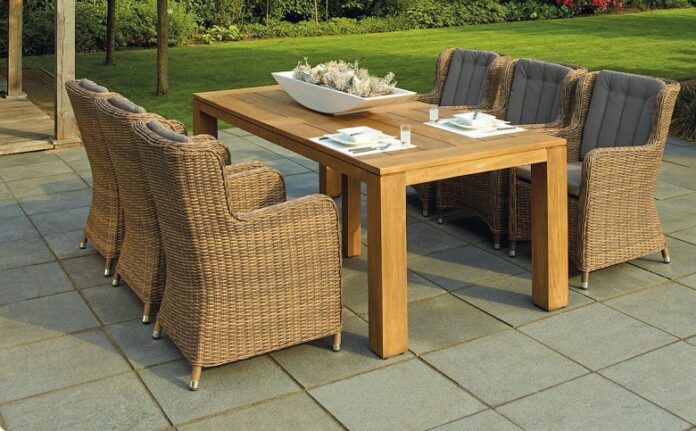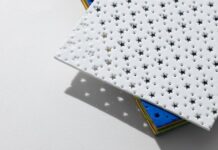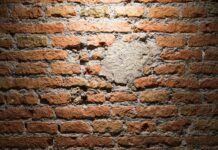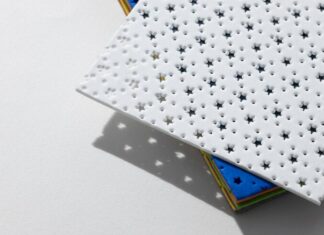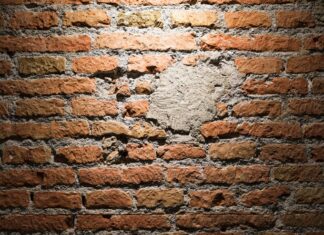When it comes to enhancing the visual appeal of your patio, the choice of paving material plays a critical role. However, choosing an ideal material can be challenging if unfamiliar with the paving materials. Therefore, I’ll help you make an informed decision when choosing the right paving material for your patio. This will help you install pavers that are durable and appealing.
With a wide range of paving materials in the market, you have a chance to get one that you want. You can choose a paving material that suits your preferences and compliments your home’s style. However, you must be careful when making choices since some materials may last longer due to factors such as climate.
If you are planning to install pavers on your patio and don’t know much about paving materials, consider hiring professionals from a concrete pavers San Diego company to guide you.
Different Types of Paving Materials to Consider
Table of Contents
Here are the types of paving to consider when you want to enhance the visual appeal of your backyard:
Concrete Paving
Concrete pavers are the most popular paving materials. They are made from cement, water, and aggregates and are available in different shapes, sizes, and colors. This allows you to choose one that suits your preferences. Concrete is also well-suited for various weather conditions, making it durable and resistant to freeze-thaw cycles.
Pros
- Versatility in design: These pavers offer a wide range of designs, allowing you to customize your patio
- Durable: Concrete pavers are strong and durable, reducing unnecessary repair costs
Cons
- Prone to Cracking: These pavers can crack if not well-maintained
- The production is not environmentally friendly: Concrete production involves a significant carbon footprint that can harm the environment.
Natural Stone Paving
For homeowners who want to add a natural look, natural stone paving will do the trick. Materials such as limestone, granite, sandstone, or slate can offer your patio a unique blend of beauty and durability. These materials also come in various colors, shapes and sizes, making it easy to select one that blends with your outdoor space.
Pros
- Timeless Aesthetic: These materials offer a timeless and elegant aesthetic, enhancing the overall beauty of the patio.
- Durability: Natural stone is inherently durable and capable of withstanding different weather conditions and heavy foot traffic.
Cons
- Cost: Natural paving stones are expensive compared to others
- Complex Installation: Installation of natural stone can be more complex and labor-intensive.
Porcelain paving
Porcelain paving, made from high-fired clay, offers a durable and low-maintenance option for outdoor spaces. It has a smooth surface and is also resistant to stains and fading. The material requires minimal upkeep, making it ideal for patios.
Pros
- Color retention: The material can retain its color for longer compared to other materials.
- Slip-resistant: Porcelain has a slip-resistant surface, reducing risk on the patio
- Frost resistant: These paving materials resist frost and freeze-thaw cycles, making them ideal for cold weather.
Cons
- Installation challenges: Installing porcelain pavers may require specialized tools and expertise, adding to the overall cost.
- Cost: Installing porcelain is expensive compared to other materials.
Related Questions
What Material Should I Use for My Patio?
The best material for a patio is concrete aggregates since it’s durable and affordable. However, the choice may depend on other factors, such as budget, aesthetics, preference and climate.
Which Paving Is Cheaper?
The cheaper paving is concrete paving. Its affordability, versatility, and ease of installation make it a cost-effective choice for various patio projects.
Conclusion
Selecting the right paving material for your patio involves a careful balance of factors, including climate, budget, and aesthetics. Each option has its pros and cons. Therefore, consider every factor to ensure you select the best material for your patio.

